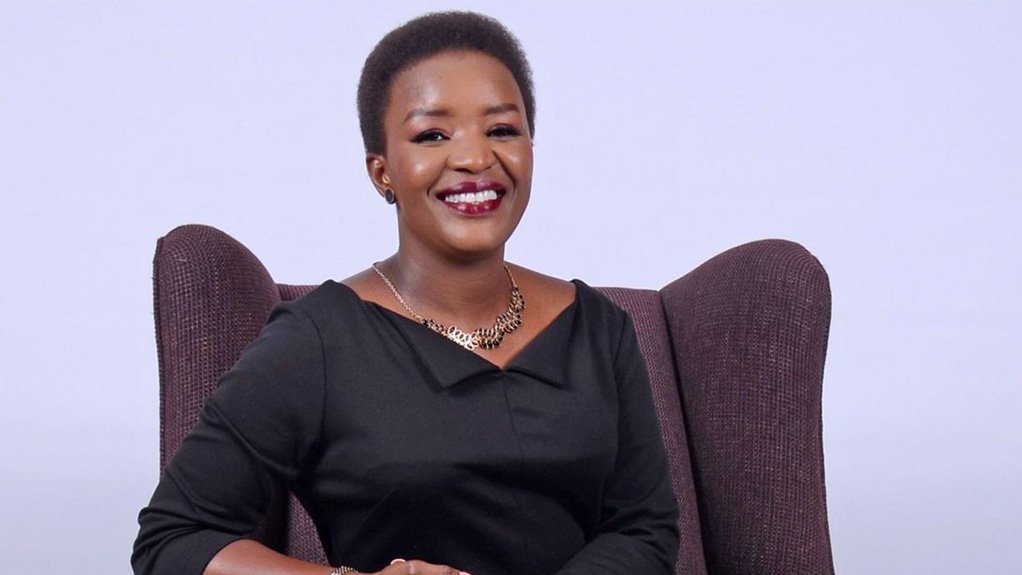The release last week of an executive summary of a report from a panel announced by President Cyril Ramaphosa and led by a retired judge to investigate the contentious docking of the Lady R ship in Simon’s Town does not provide a definitive summary of what happened, business organisation Business Leadership South Africa (BLSA) CEO Busi Mavuso writes in her weekly newsletter.
“Until a year ago, our diplomatic relations with the world were not particularly relevant to the business environment. But that changed dramatically when the Lady R, a sanctioned Russian ship, docked in Simon’s Town, having turned off its transponders before doing so. The news caused the rand to fall and has increased the cost of doing business,” she outlines.
She posits that the circumstances of the docking were suspicious and that the lack of immediate explanation from the South Africa National Defence Force compounded the uncertainty.
“North Atlantic Treaty Organisation-aligned countries are major buyers of both our manufactured goods and raw materials, as well as suppliers of significant amounts of investment. Since the incident, South Africa has been questionable as a counterpart to Western trading partners, yet another risk that must be priced in when considering investment in our country.
“The incident also increased risks that our trade access to the US would be curtailed when that country reviews eligibility in terms of its African Growth and Opportunity Act,” Mavuso avers.
While she acknowledges that only an executive summary of the report could be provided on the grounds that the full report contained sensitive and classified information that would threaten the country’s security, she says the available information is insufficient.
“It gives limited information regarding the goods that were delivered. For example, it does not cite which licences under the National Conventional Arms Control Committee covered the imports,” Mavuso emphasises.
She says that, despite the many such questions the report raises, as alluded to below, it is definitive that nothing was loaded onto the ship for export.
“That was the most damaging allegation that had been made, with US Ambassador Reuben Brigety having publicly said he was confident arms were loaded. The authors of the Lady R report are respected jurists and lawyers, though the details released are not enough on their own merit to warrant a definitive conclusion.
“The geopolitical concerns around Lady R have not been eliminated and so business must continue to manage the risks,” Mavuso warns.
There is some suggestion that the docking of the ship in Simon’s Town conflicted with South Africa Revenue Service port of entry rules, but the report does little else to suggest wrongdoing, Mavuso points out.
“Confusingly, the fact that the ship was offloaded at night is explained as necessary given the classified nature of the goods. Yet the report also said the original plan was to offload the ship at Ngqura or Port Elizabeth, which are normal commercial ports where presumably such protocols couldn’t apply.
“The ship apparently ended up at Simon’s Town only because Ngqura and Port Elizabeth refused it, given its sanctioned status,” Mavuso states.
EMAIL THIS ARTICLE SAVE THIS ARTICLE ARTICLE ENQUIRY
To subscribe email subscriptions@creamermedia.co.za or click here
To advertise email advertising@creamermedia.co.za or click here











